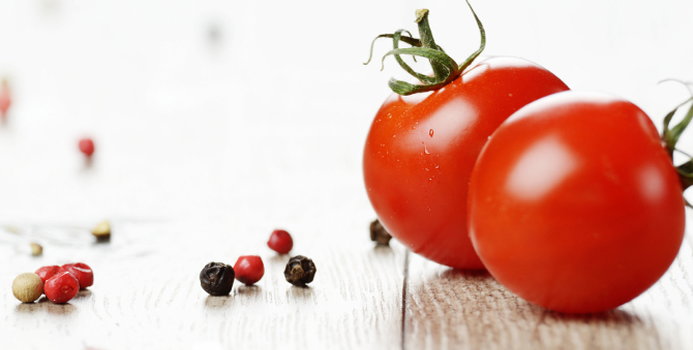You know that it's important to get in your daily servings of vegetables, but may have wondered which vegetables are the healthiest to consume. If you concentrate on this list of 10 nutritionally packed dynamos, you will be well on your way to a healthy diet.
1. Kelp
This sea vegetable is high in iodine, vitamin K and folate, and contains a large variety of trace minerals. The minerals in kelp are in a naturally chelated form, which makes for easy assimilation by the body.
2. Bok Choy
Also known as Chinese cabbage, bok choy is loaded with nutrients. This vegetable is high in potassium, calcium, iron, and vitamins A and C.
3. Red Bell Peppers
Red bell peppers are an excellent source of vitamins A and C, and they are also high in beta-carotene.
4. Collard Greens
These easy to grow greens are a good source of calcium, folate and vitamin C, and provide important fiber to the diet.
5. Sweet Potatoes
This delicious tuber is loaded with complex carbohydrates, dietary fiber and healthy beta-carotene. They are also a good source of vitamins C and B6.
6. Beets
These tasty vegetables are high in potassium, magnesium and folate.
7. Artichokes
Don't let these funny looking vegetables intimidate you; they are low in calories and high in nutrition. Artichokes contain lots of fiber and are a good source of potassium, vitamin C, folate and magnesium.
8. Tomatoes
Though technically a citrus fruit, many people consider tomatoes a vegetable. Research shows that the lycopene they contain may ward off certain types of cancer. Processed or cooked tomatoes contain even more lycopene than fresh ones. Consuming tomatoes with a little bit of fat, such as olive oil, helps the body to absorb the lycopene.
9. Brussels Sprouts
These small cabbage-like vegetables are a part of the mustard family. For a green vegetable, they are uncommonly high in protein and are an excellent source of vitamins C and K.
10. Lima Beans
Lima beans are high in both protein and fiber, making them a nutritional power house. They are also a good source of B vitamins and minerals, including potassium and magnesium.
The USDA recommends that adults consume at least 2-3 cups of vegetables per day. This can include 1 cup of raw or cooked vegetables or juice, or 2 cups of leafy greens. People tend to consume fewer calories when they eat a vegetable rich diet because the fiber they contain provides a feeling of fullness. Having a salad or vegetable based soup before a meal is an easy way to ensure that you are getting your daily requirements in.
It's important to include a variety of foods in your diet to make certain that you are covering all of your nutritional needs. The foods on this list are a good start to a nutritionally sound diet, but there are many other tasty vegetables out there; don't be afraid to try them all. Vegetables are one food group that you really can't overdo.



